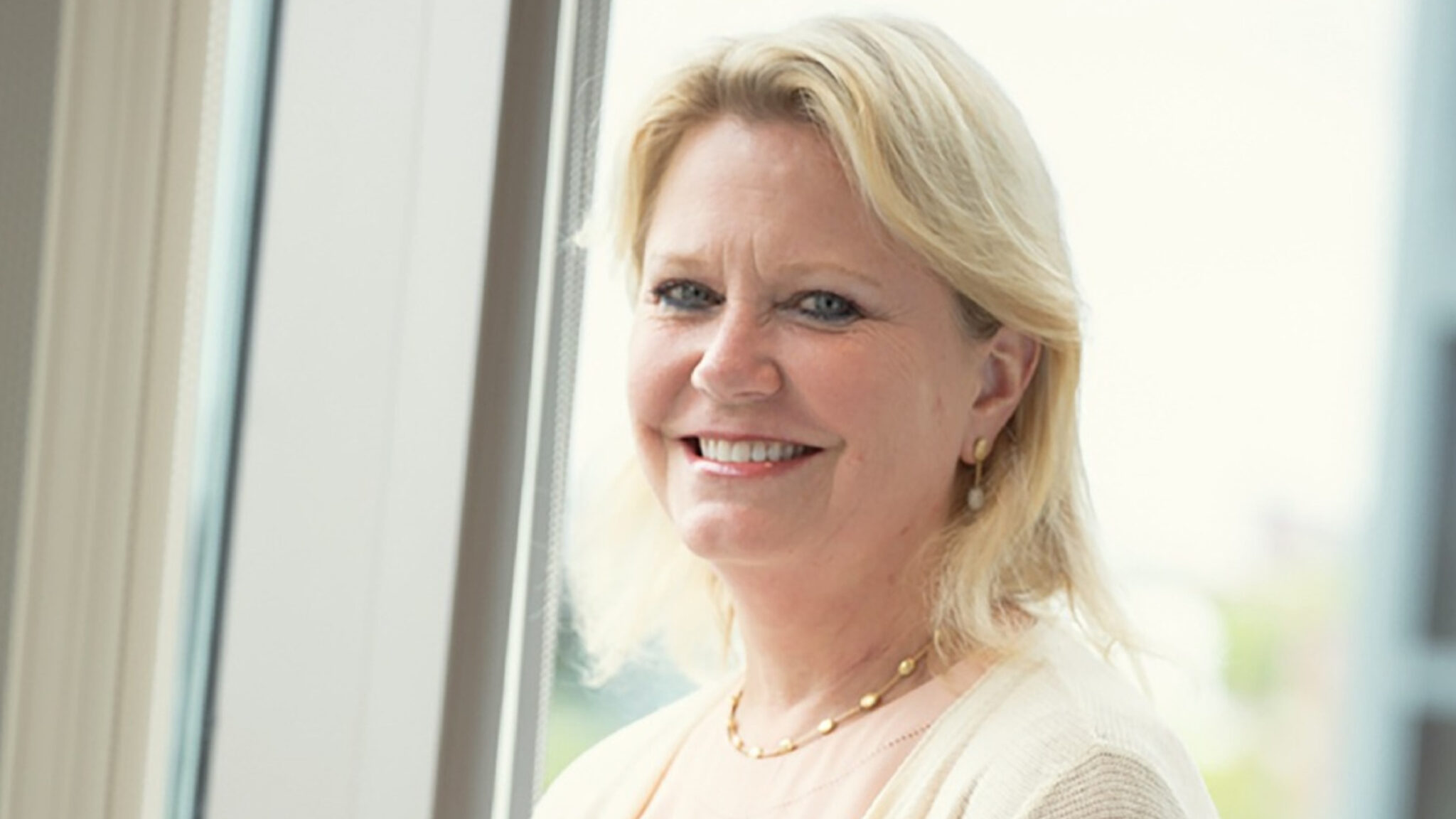
Jackie Fouse, Agios CEO
After selling off Tibsovo and entire cancer pipeline, Agios nets first approval for new 'anchor product'
Agios’ long-term plan is starting to come into focus, as the biotech won its first FDA approval since pivoting away from oncology Thursday.
The FDA …
Sign up to read this article for free.
Get free access to a limited number of articles, plus choose newsletters to get straight to your inbox.